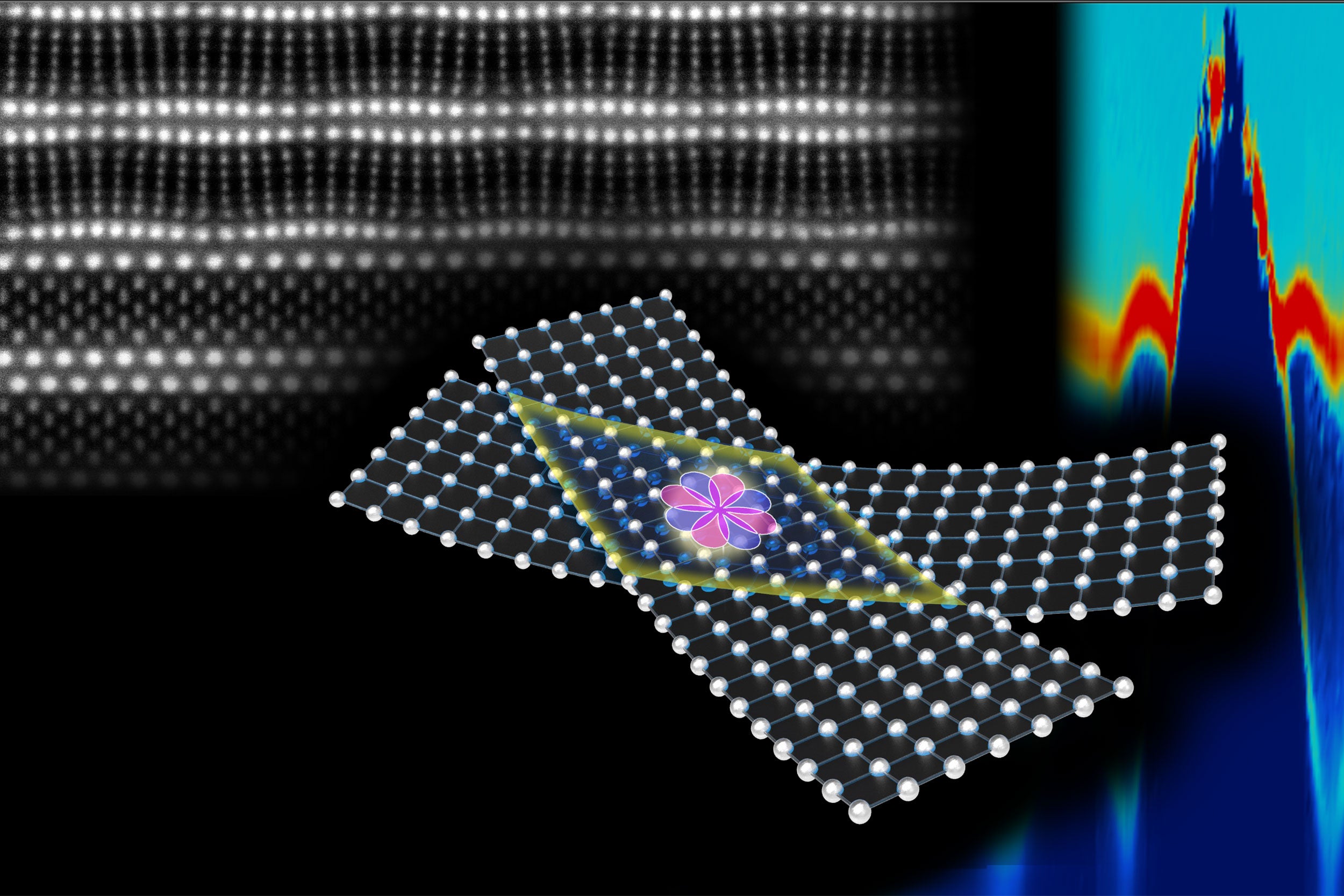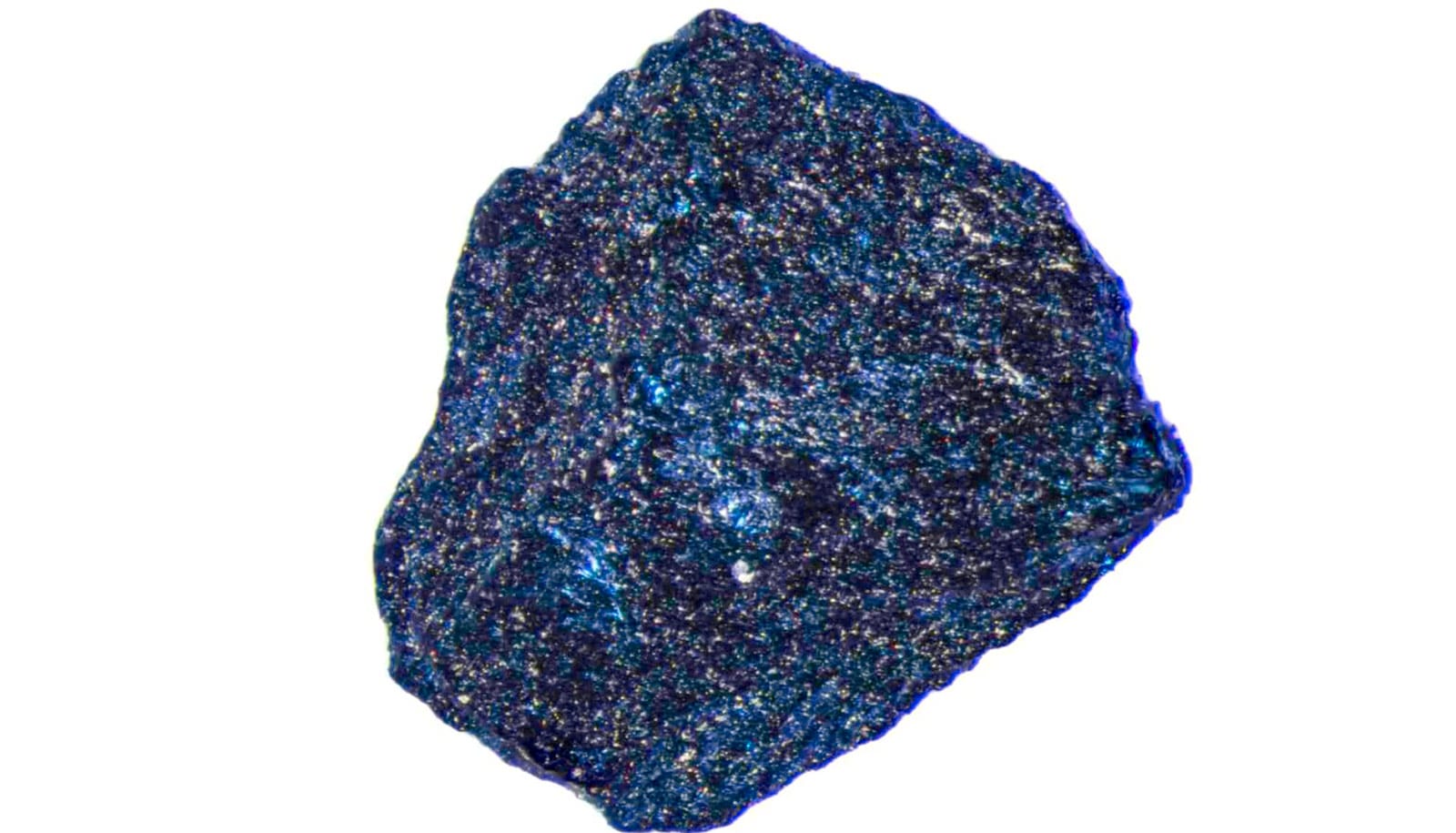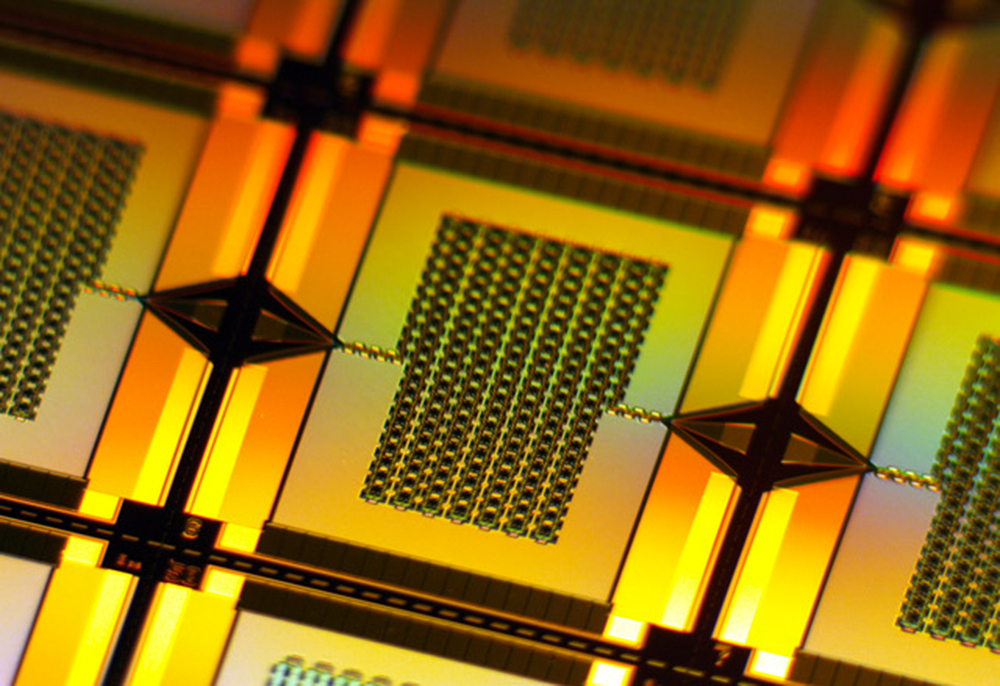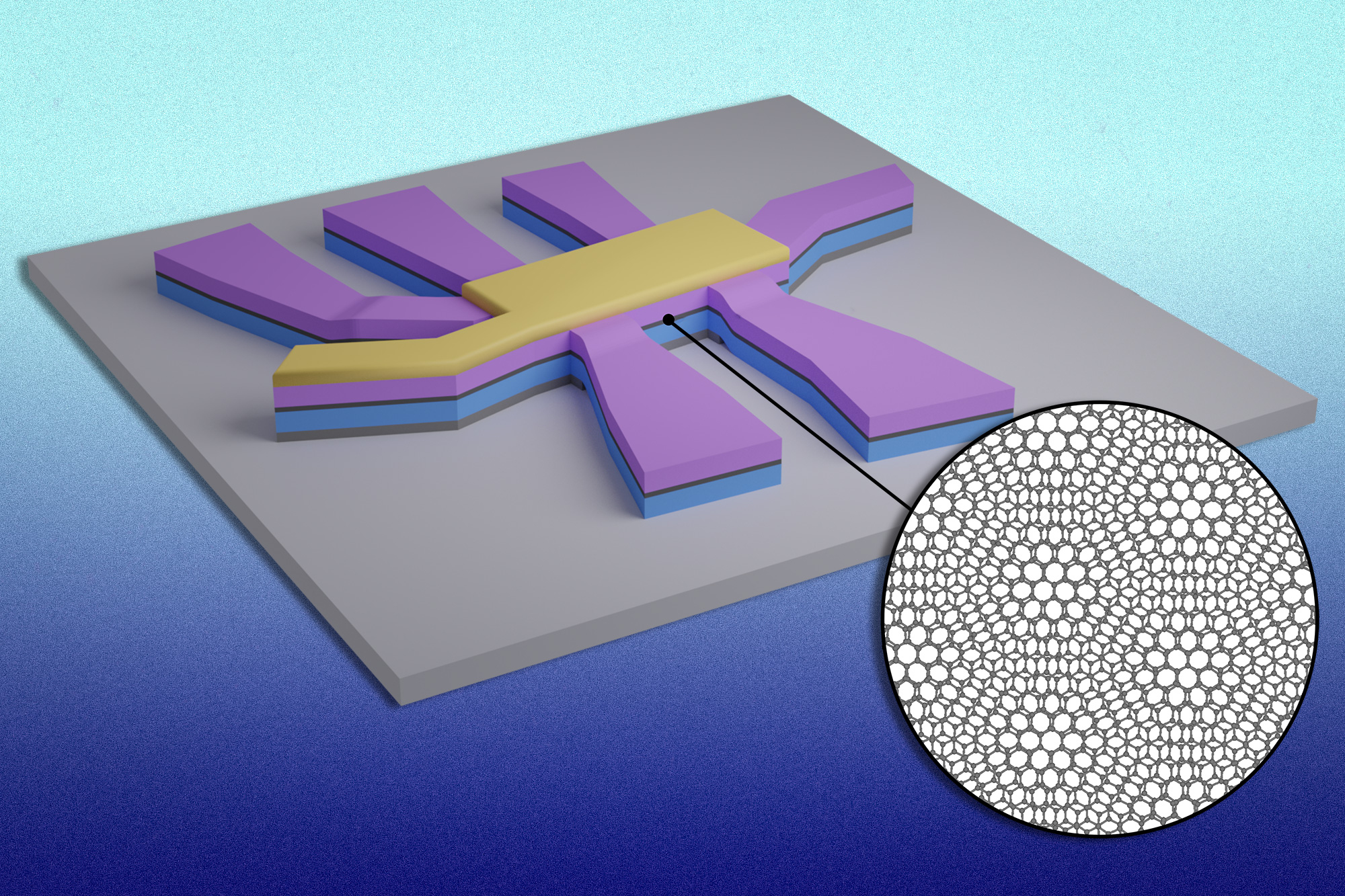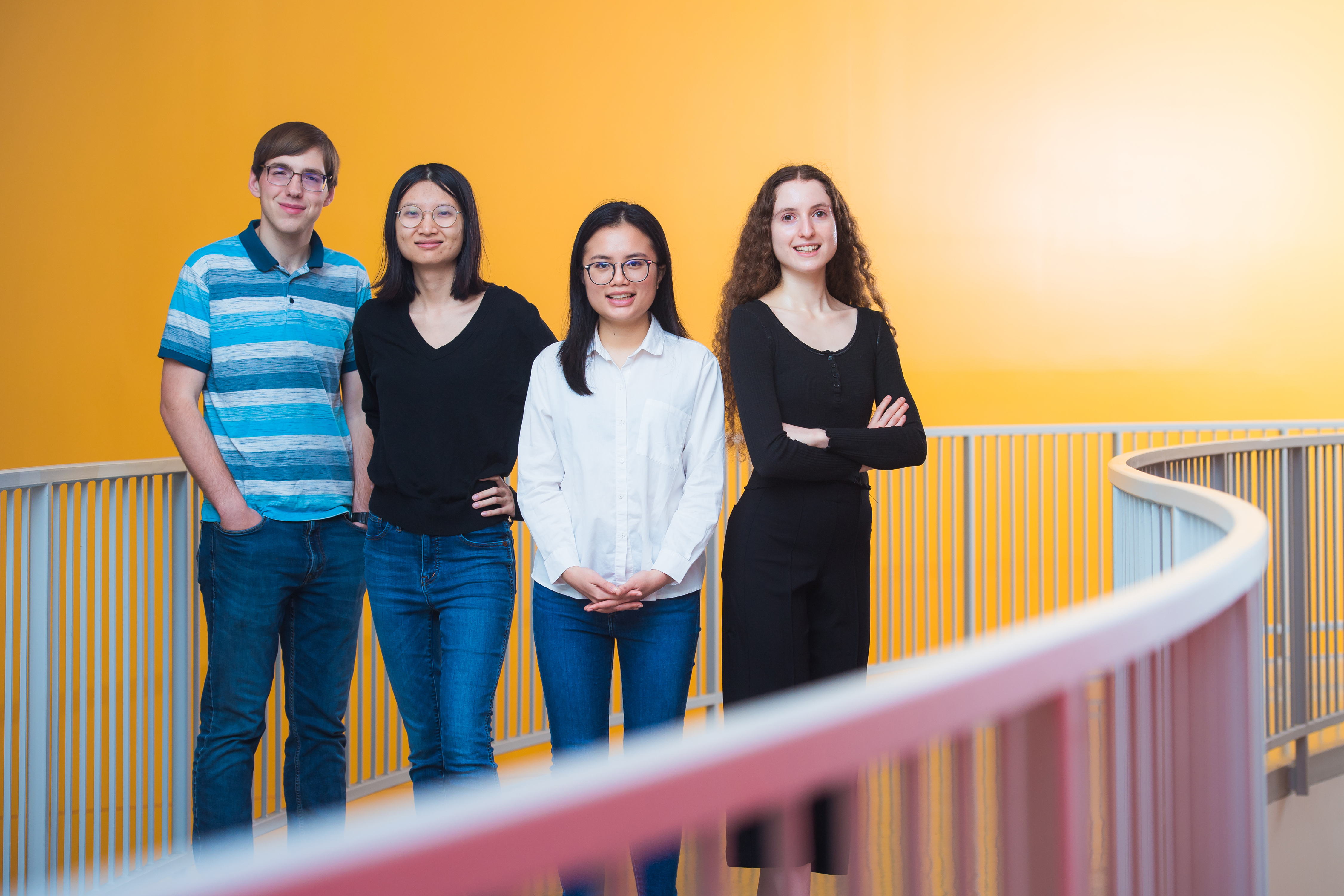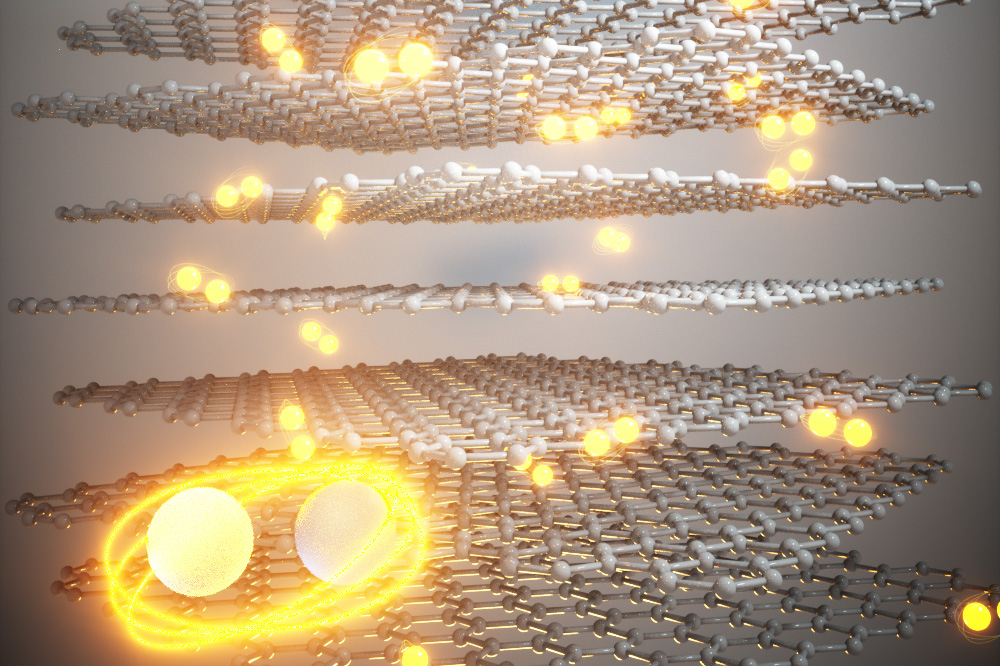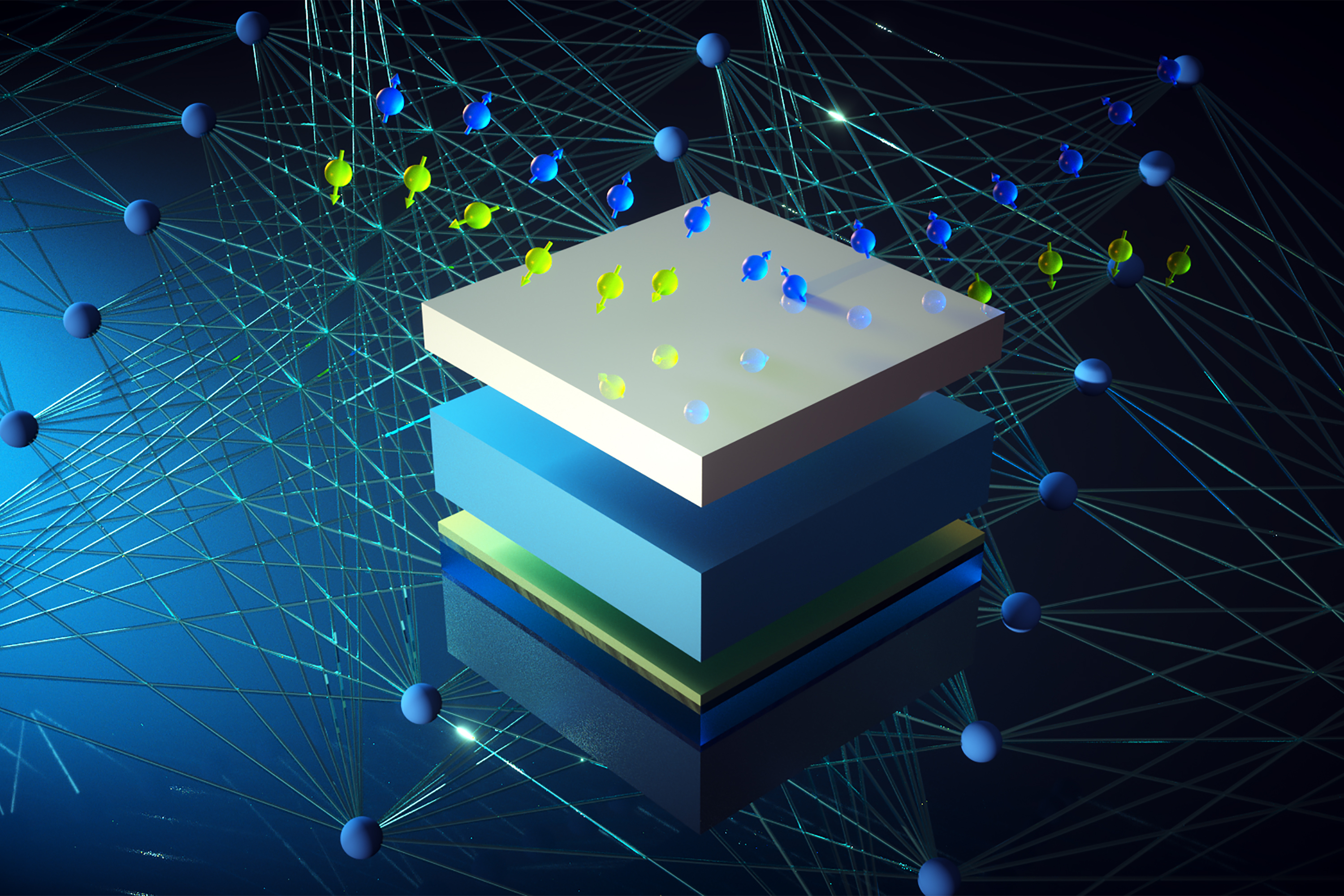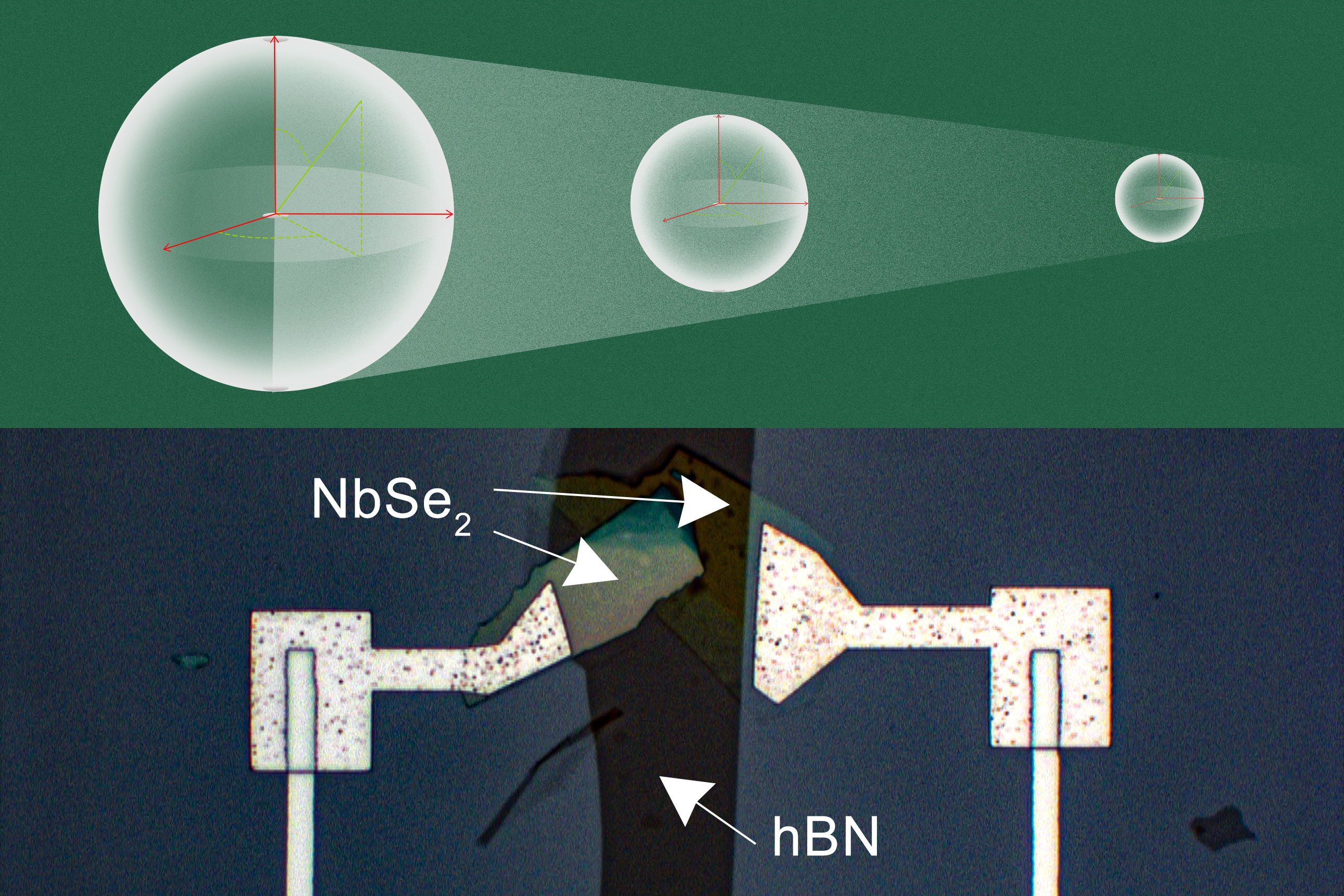The task of magnetic classification suddenly looks easier
MIT undergraduate researchers Helena Merker, Harry Heiberger, and Linh Nguyen, and PhD student Tongtong Liu, exploit machine-learning techniques to determine the magnetic structure of materials.
Steve Nadis | Department of Nuclear Science and Engineering •
mit
Nov. 28, 2022 • ~9 min
Nov. 28, 2022 • ~9 min
Seeing an elusive magnetic effect through the lens of machine learning
An MIT team incorporates AI to facilitate the detection of an intriguing materials phenomenon that can lead to electronics without energy dissipation.
Steve Nadis | Department of Nuclear Science and Engineering •
mit
March 24, 2022 • ~8 min
March 24, 2022 • ~8 min
/
5

